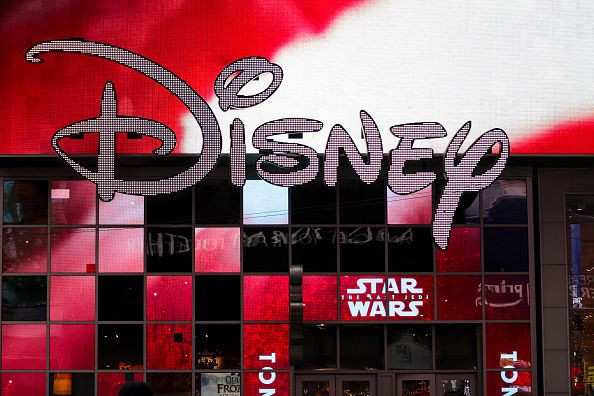Disney's Streaming Losses Are Piling Up Already

Bob Iger said Disney (NYSE:DIS) is going to invest a lot in streaming and its direct-to-consumer services, and those efforts could have a short-term negative impact on its bottom line. In an SEC filing describing the changes to its reporting segments and recasting its results for previous years, the company just gave investors their first glimpse into how much it's losing from its streaming businesses.
Between its investments in Hulu and Vice, and its 75% ownership of BAMTech, the company generated over $1 billion in operating losses. Those losses will only continue to climb as Disney consolidates its investment in Hulu after acquiring Fox (NASDAQ: FOX) and launches its Disney+ streaming service. Not to mention that the segment will negatively affect its studio entertainment and media networks operating income by reducing licensing revenue from companies such as Netflix (NASDAQ: NFLX).
What's included (and what's not) in the company's operating losses
If Disney is going to be losing $1 billion-plus from its direct-to-consumer business for the foreseeable future, investors need to understand why.
Unfortunately, there's not much insight into what the company's equity investments where it holds a minority stake. That includes Hulu for now, because it owns only 30% of the company.
Disney lost $580 million from its equity stakes in other services, spurred largely by Hulu's losses in the previous fiscal year. "The higher loss at Hulu was driven by higher programming, labor and marketing costs, partially offset by growth in subscription and advertising revenue," management wrote in its filing.
The investments still seem to be worth it: Hulu is growing faster than Netflix, and Iger said he sees an opportunity to take the service to Europe. Hulu now has 25 million subscribers, about 40% of Netflix's U.S. subscriber base.
Meanwhile, Disney is piling up programming and production costs with BAMTech, which it invested in to support the launch of ESPN+ and Disney+. It also racked up higher selling, general, and administrative expenses.
Losses from BAMTech may be offset in the future through greater profitability from Disney's streaming services than it would otherwise achieve by outsourcing its technical needs to a third party.
It's important to note that Disney's content investments for Disney+ aren't included in the company's direct-to-consumer operating expenses. Disney has a bunch of original content already in the works, but those content investments only show up on its cash flow statement. Once the company launches Disney+, it'll start amortizing those content expenses over their useful life. Netflix uses the same accounting for its original productions.
But that means operating losses will climb higher starting next year as Disney starts to pay for that content while it has relatively little subscriber revenue to offset those expenses.
More clarity is coming
Disney's reporting leaves much to be desired. Investors will have a few things to look forward to in 2019, however, as Disney dives deeper into streaming.
First of all, it's now lapped the increased investment it made in BAMTech in September 2017. That makes losses at BAMTech a lot easier to for investors to compare to see if it's moving toward profitability.
Second, Disney notes, "We anticipate providing additional supplemental information for the DTC businesses following the expected consolidation of Hulu and launch of Disney+." So, when it closes the acquisition of Fox later this year, investors may get a lot more information on Hulu. Disney+ won't launch until late 2019, however, so investors may be waiting until the company's first quarter earnings report for 2020 to see details for its entire streaming business. But if the success of ESPN+ is any indication, customers are willing to sign up.
Disney will report its first-quarter earnings Feb. 5. That will give investors their first look at a slightly more clarified direct-to-consumer business, and it will be an opportunity for analysts to ask management more questions about the operating losses piling up in the segment. Disney will discuss more details of its streaming business at its April investor meeting, which is expected to include a sneak peek at Disney+. Mark your calendars.
This article originally appeared in the Motley Fool.
Adam Levy has no position in any of the stocks mentioned. The Motley Fool owns shares of and recommends Netflix and Walt Disney. The Motley Fool has a disclosure policy.




















